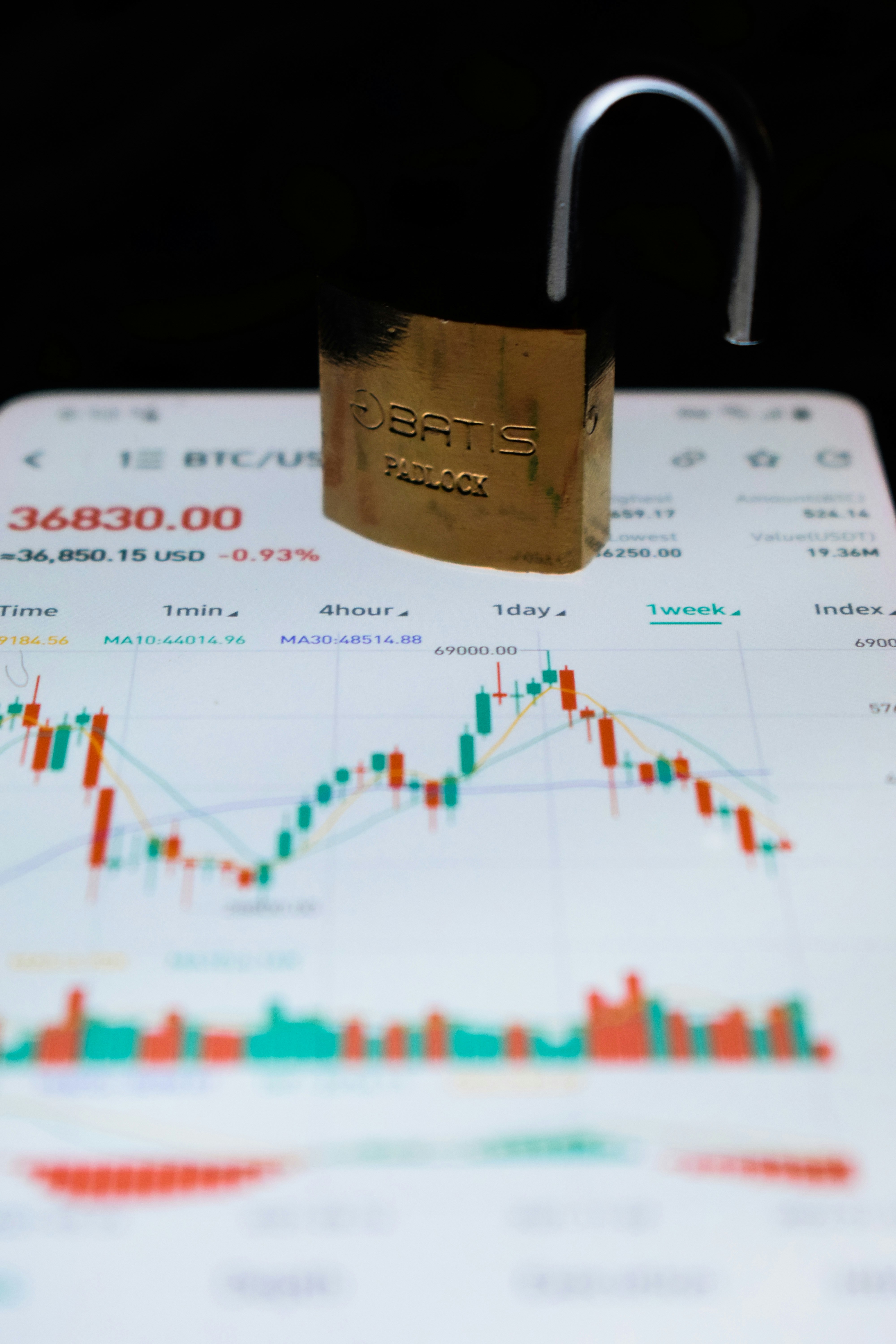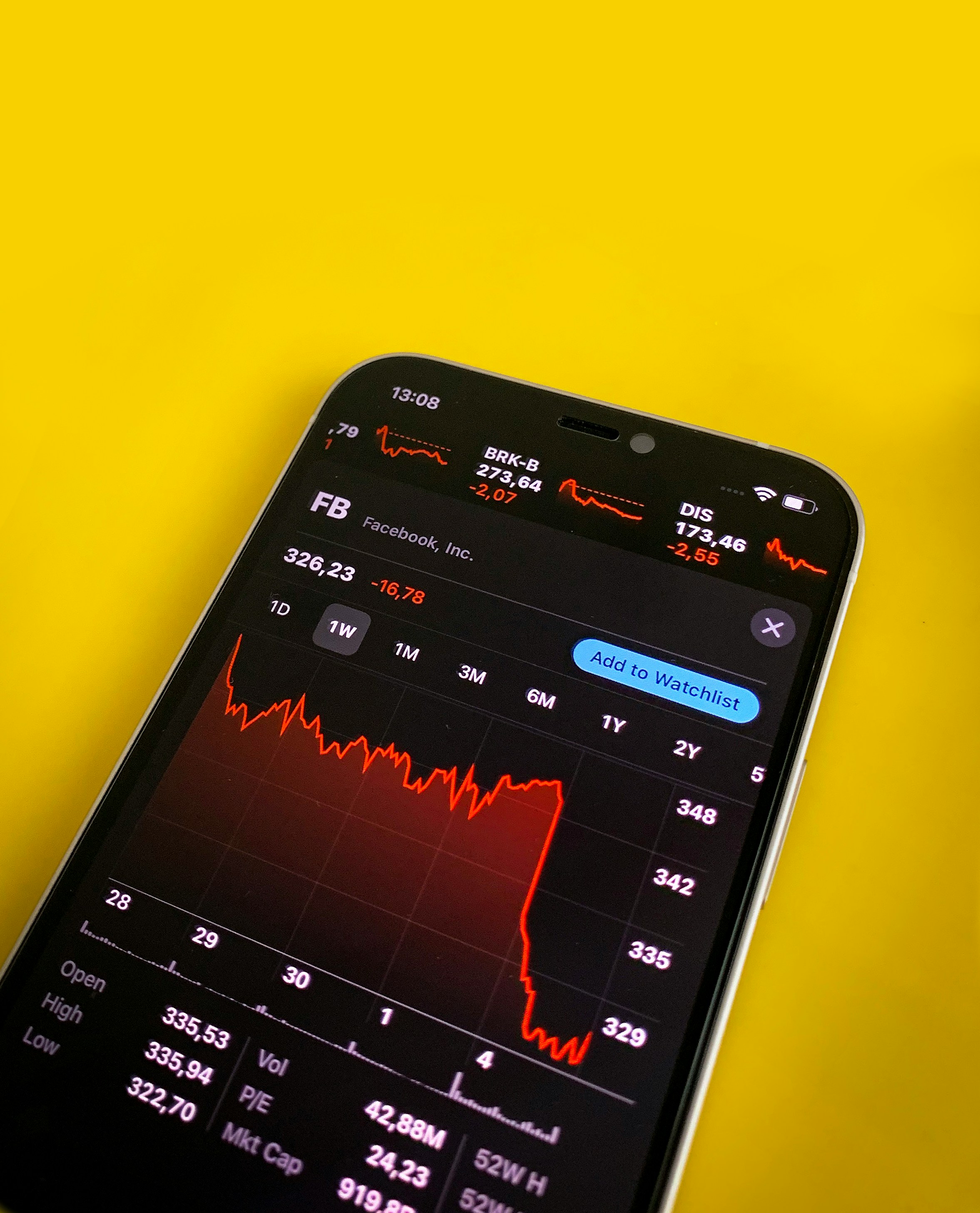When it comes to day trading, the right broker can make all the difference. Many traders know Fidelity as a reliable long-term investment platform, but did you know it also offers powerful tools for active traders?
If you're curious about how day trading works with Fidelity, what rules apply, and whether it's a good choice for fast-paced trading, this guide breaks everything down for you.
Introduction
Day trading involves buying and selling securities within the same trading day, sometimes within minutes or even seconds, with the aim of making profits from short-term price movements. Unlike swing traders or investors, day traders rely on market volatility and technical analysis tools to make rapid decisions. So, how does Fidelity fit into that picture?
Fidelity is one of the powerful platforms that traders utilize for daytrading. It is a web-based platform with different charting tools that a typical day trader will find useful. In addition, it has watchlists and research reports that help you make good day trading decisions.
Another reason some traders prefer the Fidelity platform, is that it also features the Active Trader Pro. A desktop platform created for active and professional traders.
One of the best advantages of trading with Fidelity is the competitive pricing for equity trades. It runs a $0 commission for stock and ETF trades. Traders typically pay a $0.65 contract fee on Options trades. Mutual Funds often have no transaction fees or short-term redemption fees.
However, traders will need to consider regulatory compliance fees, such as the SEC or FINRA trading fees.
Daytrading With Fidelity
You can day trade with Fidelity, but there are a few important rules and account requirements to understand first.
Fidelity allows day trading through both margin and cash accounts, but the rules differ:
- Margin Account: To actively day trade using margin, you must maintain at least $25,000 in your account.
- Cash Account: You can make trades with settled funds only, meaning you can't use unsettled cash from previous trades until it clears (usually 1–2 business days). This means that only settled funds can be used to buy new positions.
Also, note that the pattern day trade rule applies with Fidelity. Typically, if you exceed three day trades in five business days on a margin account under $25,000, you'll be flagged as a Pattern Day Trader (PDT), a regulatory rule that comes with restrictions. Exceeding three day trades in five business days without meeting that requirement can restrict your trading activity.
Tip: If you're still learning, start with a cash account to avoid PDT issues while you practice.
Key Technical Tools on Fidelity for Day Trading

Fidelity's trading platforms come packed with technical indicators that help traders make smarter day trading decisions. Here are some of the tools traders use the most:
MACD (Moving Average Convergence Divergence)
Use this to confirm trend direction and catch potential buy or sell signals based on momentum shifts.
Relative Strength Index (RSI)
This momentum indicator shows when a stock might be overbought or oversold. A great indicator for timing trade entries and exits.
Moving Averages (EMAs)
Use the 9, 20, and 50-period exponential moving averages to spot short- and medium-term trends. This will help you understand the overall direction of the market.
Bollinger Bands
Use this to gauge volatility. When prices push outside the bands, it often signals that a breakout or reversal is coming.
Stochastic Oscillator
Another momentum tool for spotting possible trend reversals, especially when combined with other indicators.
Volume Analysis (VWAP)
On-Balance Volume gives traders a sense of buying/selling pressure, while VWAP (Volume Weighted Average Price) helps see where institutional players might be active.
These and many other indicators can be found on the Fidelity platform. To get started with using Fidelity, start by registering your account. Then, proceed to fund your margin account and start placing trades. Remember to visit the learning center to get educational information before placing trades.
Related Read: How to Spot Trending Stocks: Proven Techniques for Successful Day Traders
Features of the Fidelity Platform
- Real-time market data access, including Level II quotes for deeper market insight
- Sophisticated charting tools featuring 40+ technical indicators to aid trading decisions
- Flexible trade tickets with support for limit, stop, and conditional order types
- Dynamic market scanners to uncover intraday trading opportunities
- Integrated news and research from Fidelity and trusted third-party sources
You can also access Fidelity's mobile app for on-the-go trades, which offers most of these tools with an intuitive interface.
Pros and Cons of Day Trading with Fidelity
Daytrading with the Fidelity platform has its own pros and cons. Check out the Pros and Cons:
Pros:
- Trusted, well-regulated broker with a long-standing reputation
- Commission-free trading on U.S. stocks and ETFs
- Robust research tools and in-depth market analysis
- Free access to the powerful Active Trader Pro platform
- Highly rated customer service and support
Cons:
- Subject to the $25,000 minimum equity requirement for margin day trading
- Limited access to cryptocurrency trading
- The platform may be overwhelming for complete beginners
- Less suited for ultra-high-frequency trading strategies
Fidelity vs. Other Platforms
Fidelity is known for its platform stability, advanced trading tools, and deep research capabilities. It's best suited for serious traders and long-term investors who value execution quality and comprehensive analysis.
Compared to Robinhood, Robinhood offers a simple, intuitive interface with zero commissions, making it an attractive choice for beginners who are just starting in the trading world. Webull provides strong charting features and no account minimums, making it ideal for intermediate traders who want more control and insight without a steep learning curve. And, TD Ameritrade's Thinkorswim platform delivers professional-grade tools and analytics, catering to advanced traders who rely on technical precision and customization.
While platforms like Robinhood and Webull appeal to newer traders with ease of use and accessibility, Fidelity stands out for its depth of research, reliability, and execution quality, very crucial for those managing larger portfolios or trading with precision.
Fidelity is an excellent choice for disciplined day traders who value research tools, fast execution, and regulatory security. It's especially suitable for traders who want to blend short-term trading with long-term investing under one platform.
However, if you're a beginner or someone looking to trade with less capital, you might prefer starting with a simpler, no-minimum app like Webull or Robinhood.
Related Read: Top 12 Day Trading Apps of 2026
Final Thoughts
Day trading with Fidelity gives you access to one of the most trusted names in the brokerage industry, plus robust tools to help you make smarter, data-driven decisions.
If you are looking for simple tools that simplify day trading and educate you in the process, Fidelity is an excellent choice, as you get to access research tools, fast execution, and regulatory security. Remember to trade with discipline and skill, and do not commit more funds than you can lose.
Read More: 50+ Day Trading Terms Every Trader Should Know (Beginner-Friendly Guide)
Sources
- Day Trading - Fidelity
- Fidelity Day Trading: Tools, Strategies, and Considerations for Active Traders - Finance, Trading, and Wealth Management
Frequently Asked Questions
Does Fidelity allow day trading with less than $25,000?
Yes, but only in a cash account, and you can trade using settled funds only. Margin accounts require a $25,000 balance to avoid PDT restrictions.
What platform does Fidelity offer for active traders?
Fidelity offers Active Trader Pro, a free, advanced trading platform with real-time data, customizable charts, and quick order execution.
Can I day trade options on Fidelity?
Yes, Fidelity supports options trading for approved accounts. However, you must meet certain eligibility and experience requirements.
Does Fidelity charge fees for day trading?
No commission fees on U.S. stocks and ETFs. Other costs, like margin interest or option contract fees, may apply.
Is Fidelity better than Robinhood for day trading?
Fidelity offers better research tools, data, and execution; ideal for serious traders. Robinhood, on the other hand, is simpler and better for beginners.

Follow Us On Social Media